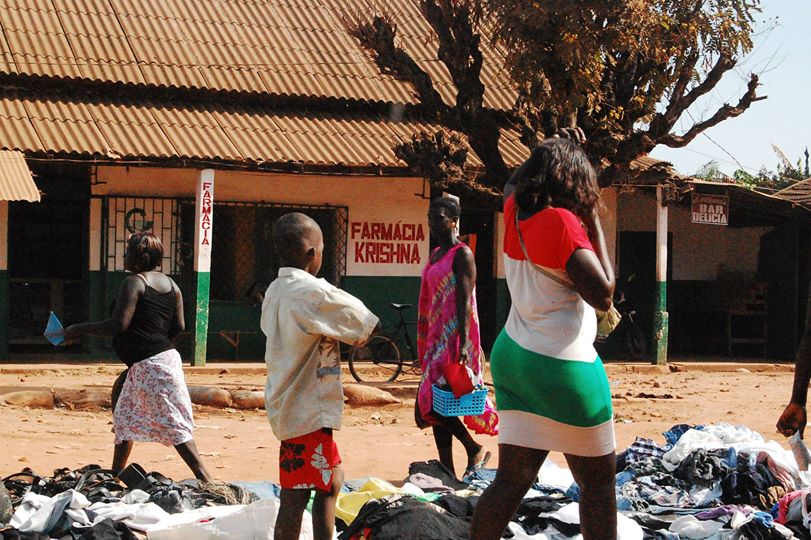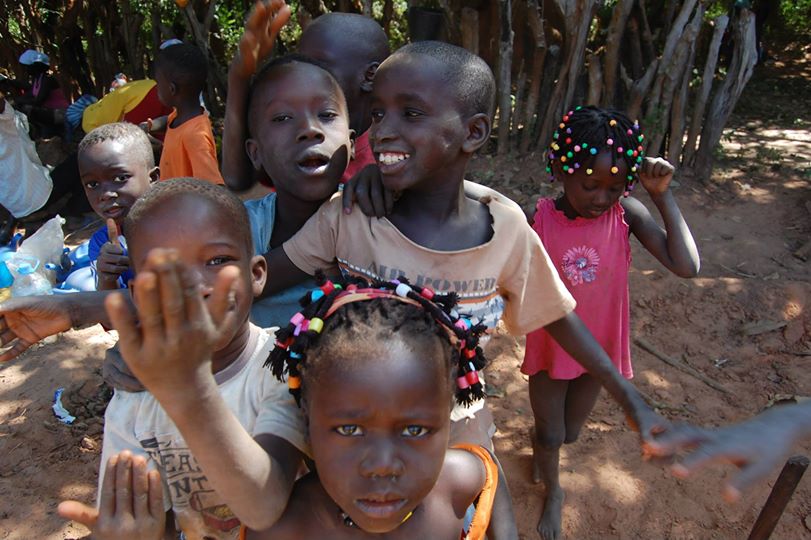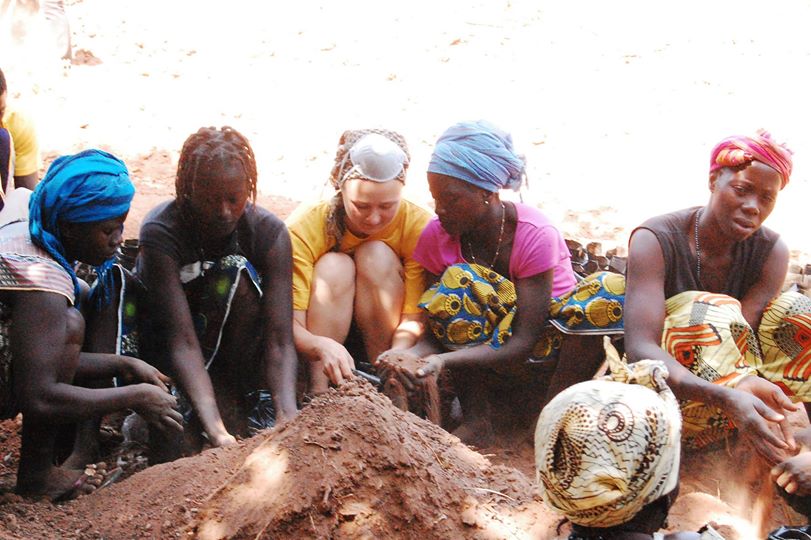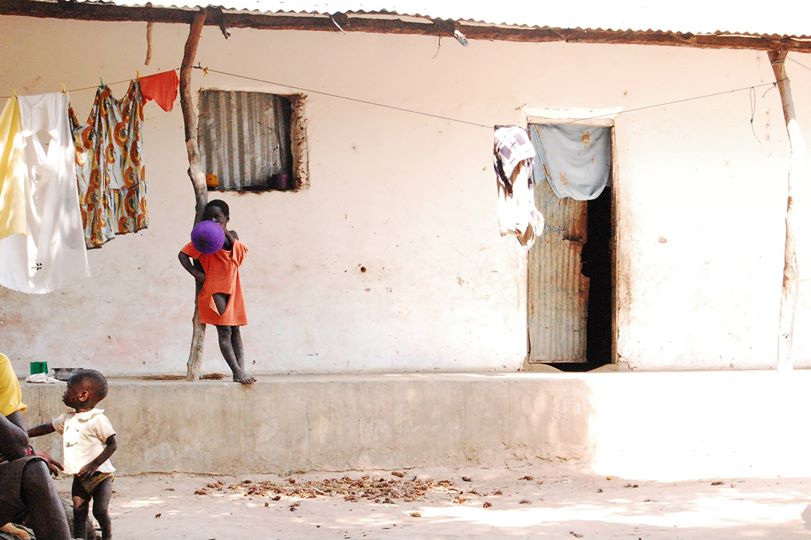AFRICAN CONTINENT
Travel countries: Guinea Bissau
Experience: Community Health Workers
Healthy body – healthy soul
Guinea Bissau is one of the poorest countries in the World, facing problems in poverty, education, political stability, climate changes and health care. I suppose no country can expect stable development when people are dying faster than doctors are being educated. These thoughts occur often in developing countries, when mind is worried about finding issues and reasons. It has driven my persistence to answer the question
what is stopping the country from the sustainable health care development?
I started my investigation from an interview with a midwife Arminda, who works in remote islands of Guinea Bissau. For the whole group of islands with 25000 inhabitants there are 5 doctors and one hospital, where people cannot even go because of expenses and inconveniences of transportation. A lot of women give a birth without any medical attendance; children die after mosquito bite or drinking dirty water, just because they do not get a treatment on time. Nowadays we are able to transport cashew nuts from Guinea Bissau all across the globe to China, but we are not able to organize transportation for a sick person for few kilometres across the islands? Of course, consumers are paying for cashew nuts… and who is paying for an ill person to be cured? Nobody. It is obviously not a rationalization of this deeply rooted problem, but direction of the capital is clear enough.
where people cannot even go because of expenses and inconveniences of transportation. A lot of women give a birth without any medical attendance; children die after mosquito bite or drinking dirty water, just because they do not get a treatment on time. Nowadays we are able to transport cashew nuts from Guinea Bissau all across the globe to China, but we are not able to organize transportation for a sick person for few kilometres across the islands? Of course, consumers are paying for cashew nuts… and who is paying for an ill person to be cured? Nobody. It is obviously not a rationalization of this deeply rooted problem, but direction of the capital is clear enough.

20% of children die before five years, 10% before one year; mainly because of malaria and diarrhoea. I did not want to write reports about it; I wanted to work for it, to see how hard it is and how much power of united people it requires to make even a slight improvement. Therefore, for the next week I stayed in Farim to work with Community Health Agents. The main work was going from door to door talking with people and families about basic health care like mosquito protection, daily hygiene, baby food, etc… You cannot be a preacher in a foreign land. Basically this is the problem why some of development projects are not so efficient – they are not so close to the people and the roots. Sending money and vaccinations will not change the mentality of the locals towards the health; it has to be constant support and communication.  This is what Community Health agents are doing; for the first time I felt that “this is the key!” – only people trusted by the villagers, chosen to be health agents are able to walk from a family to family, supporting and helping building healthier community. Sharing knowledge about local healing plans, nutritious food, sanitation tips were not the end – free health care was provided for the children under 5 years old, necessary vaccinations, transportation for emergency to cross the river was organized. When people see other people caring it infects you and you want to respond in the same way: when we were visiting families, I was fascinated about the passion local volunteers work with and amount of knowledge villagers have already gained from them. During our stay for investigation we were focusing on babies’ welfare, because we were shocked to hear one of the problems for children development: the attitude that all goods coming from the West are valuable, and labels stating “nutritious, filled with vitamins” are taken for granted as the best thing your baby can have. Mothers are feeding few month old babies with sweetened condensed milk, because the package says “the best source of vitamins E, D, B…” With a lack of education these people are easily manipulated and I do not see it right.
This is what Community Health agents are doing; for the first time I felt that “this is the key!” – only people trusted by the villagers, chosen to be health agents are able to walk from a family to family, supporting and helping building healthier community. Sharing knowledge about local healing plans, nutritious food, sanitation tips were not the end – free health care was provided for the children under 5 years old, necessary vaccinations, transportation for emergency to cross the river was organized. When people see other people caring it infects you and you want to respond in the same way: when we were visiting families, I was fascinated about the passion local volunteers work with and amount of knowledge villagers have already gained from them. During our stay for investigation we were focusing on babies’ welfare, because we were shocked to hear one of the problems for children development: the attitude that all goods coming from the West are valuable, and labels stating “nutritious, filled with vitamins” are taken for granted as the best thing your baby can have. Mothers are feeding few month old babies with sweetened condensed milk, because the package says “the best source of vitamins E, D, B…” With a lack of education these people are easily manipulated and I do not see it right.  They cannot google that other than mothers’ food for a new born can be deadly. We had a sensitive discussion with one mother, who was asking our advices, what European mothers give for their babies and how else she could substitute her child’s food ration. It was sensitive in the way of understanding, that it is not us who should teach young women; we are facing already different problems in Europe of mothers not having breast milk because of the stress or many other reasons, therefore artificial babies’ milk plays a huge role. We all concluded with encouraging using of home made food from the huge variety of products they have here. It was important to see young mothers realizing the connection of food and health, treasures they have in their land and to hug them as a support to the work and initiative they do sharing the knowledge. Motivating the communities to stick together and share should be fundamental for building a society conscious about its’ own health.
They cannot google that other than mothers’ food for a new born can be deadly. We had a sensitive discussion with one mother, who was asking our advices, what European mothers give for their babies and how else she could substitute her child’s food ration. It was sensitive in the way of understanding, that it is not us who should teach young women; we are facing already different problems in Europe of mothers not having breast milk because of the stress or many other reasons, therefore artificial babies’ milk plays a huge role. We all concluded with encouraging using of home made food from the huge variety of products they have here. It was important to see young mothers realizing the connection of food and health, treasures they have in their land and to hug them as a support to the work and initiative they do sharing the knowledge. Motivating the communities to stick together and share should be fundamental for building a society conscious about its’ own health.


great. what’s next?